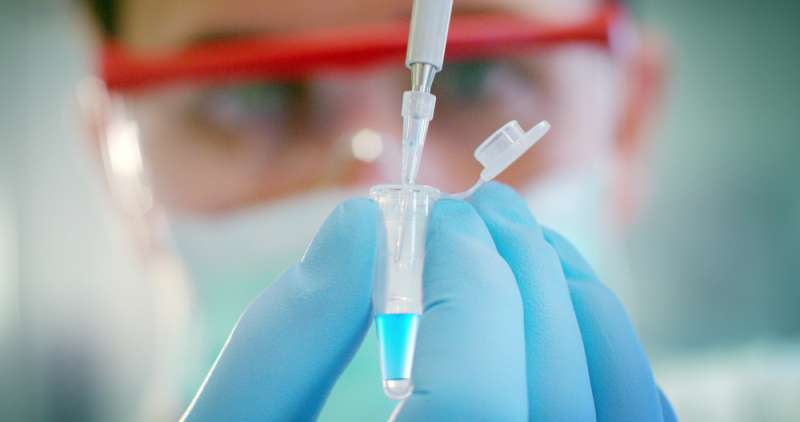<h3 style="text-align: justify;"><strong>Even though it is hard to find a non-medicated individual today, only a small fraction of the people is aware that foreign molecules can be found as a part of the medicinal product. </strong></h3>
<p style="text-align: justify;">A vast majority of the medicine produced today are based on proteins. This type of medicine is called biopharmaceuticals. During the production of specific proteins, used in a given biopharmaceutical, other proteins are brought along to the final product. These additional proteins are termed Host Cell Proteins (HCPs) and their origin is the production host, which is often bacteria or yeast cells. They can affect the durability of the medicine or cause allergic reactions due to their foreign descent.</p>
<h2 style="text-align: justify;"><strong>How do side effects associated with medicine occur?</strong></h2>
<p style="text-align: justify;">The governmental requirements for HCPs in biopharmaceutical products should in theory prevent any severe side effects in humans. However, it is unclear if HCPs are causing long-term damage and could be the explanation for several side effects associated with medicine distributed today. If more knowledge on HCPs both in present products and future products is obtained, we should experience more specific disease treatment, medicine with longer durability and possibly fewer side effects.</p>
<h2 style="text-align: justify;"><strong>New technologies may lead to cleaner products</strong></h2>
<p style="text-align: justify;">There are different ways of analysing the amount of HCP, but governmental agencies behind medicine approval require it to be done by ELISA. This method requires antibodies complimentary to various HCPs. Many research animals are sacrificed in this process, since the antibodies must be extracted from their blood. Luckily, mass spectrometry (MS) has emerged as a method for protein determination, where no research animals are needed. MS also provides the user with more information than ELISA, since the quantity of all proteins in the sample is the product of the analysis. In this way, it is possible to perform a more efficient and elaborate host cell protein analysis.</p>

Why Medicine could Possibly Harm You
